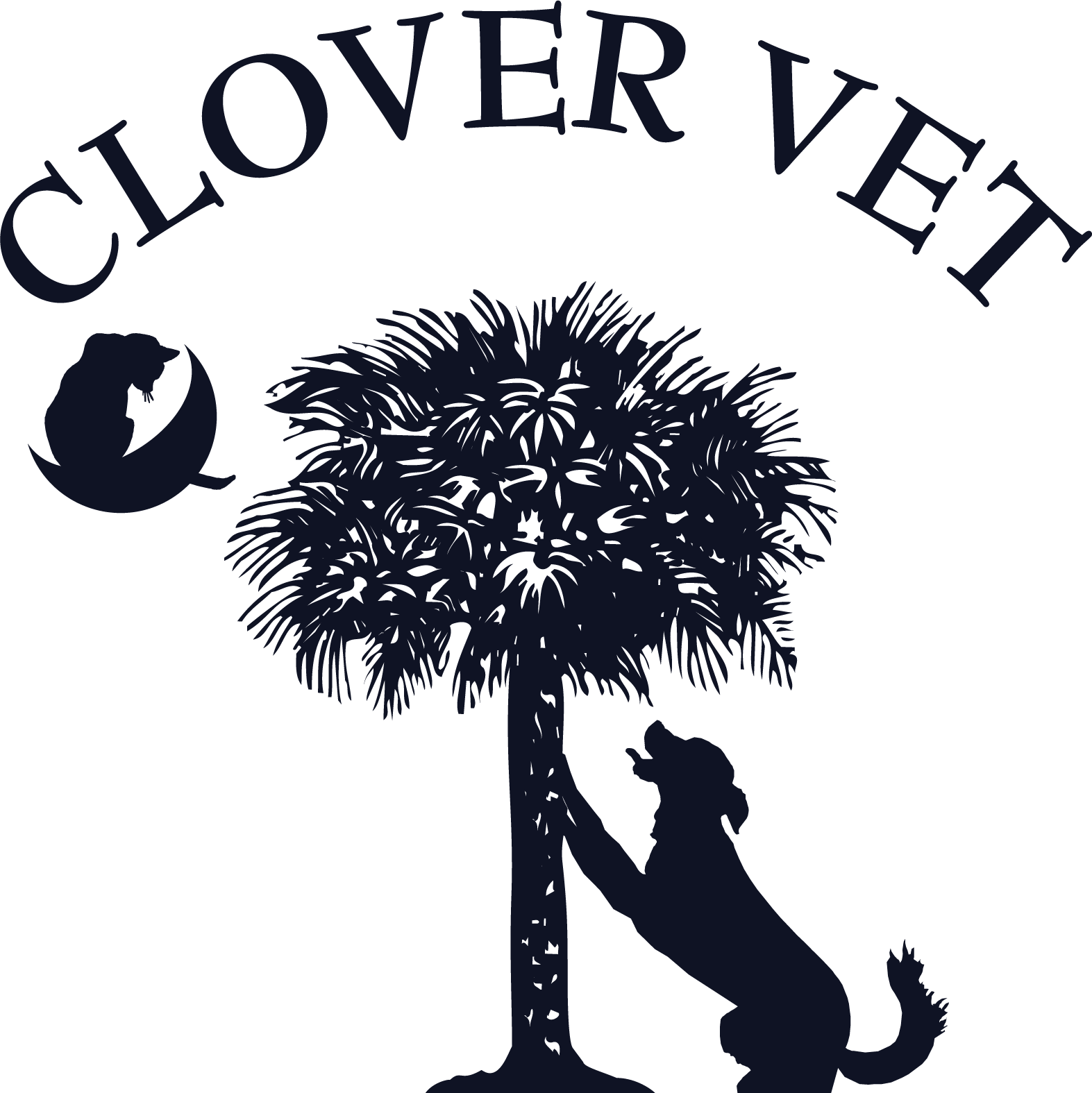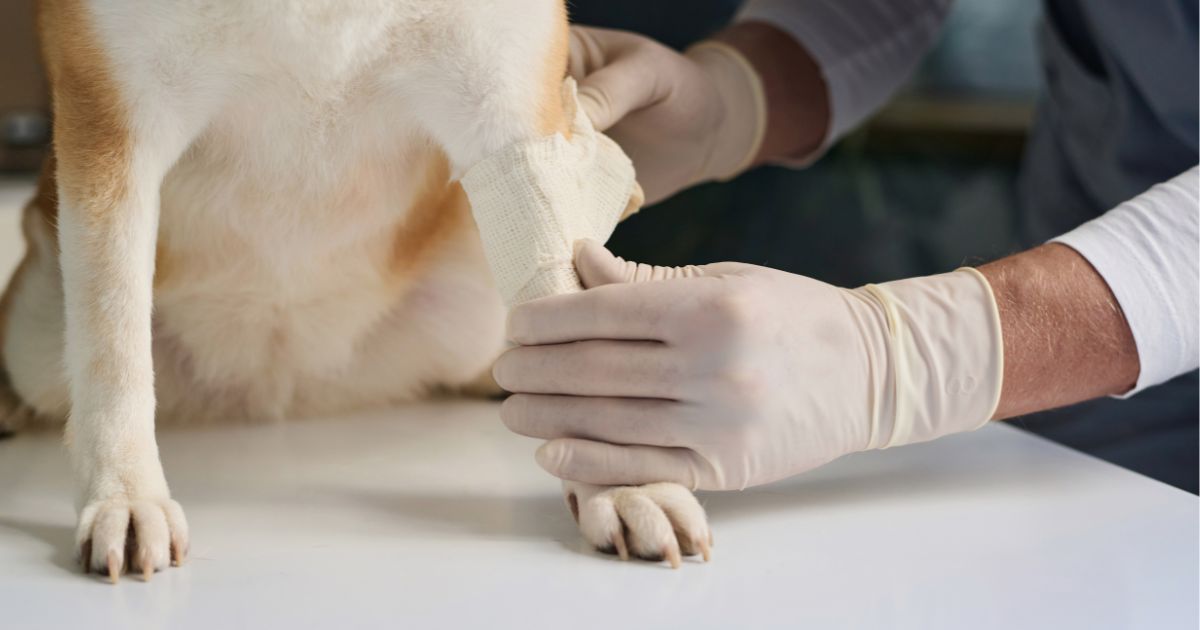Raw Diet vs. Kibble: Which Food Choice Is Best for My Pet’s Health & Wellness?
Raw vs. Kibble: What’s Best to Feed My Pet?
As pet parents, we all want what’s best for our furry family members—especially when it comes to nutrition. One of the most common questions we hear at our veterinary clinic is: “Should I feed my pet raw food or kibble?” With so many conflicting opinions online, it can be hard to separate fact from fiction. As veterinary professionals, we’re here to help you make an informed, science-backed decision about your pet’s diet.
The Rise of Raw Feeding: What Is It?
Raw feeding, also known as the BARF diet (Biologically Appropriate Raw Food or Bones and Raw Food) typically includes raw meat, bones, fruits, vegetables, and sometimes dairy or eggs. Advocates of raw diets often claim benefits such as shinier coats, healthier teeth, and better digestion. However, it’s important to note that much of this evidence is anecdotal and not supported by robust scientific research.
The Risks of Raw Feeding
While the idea of a “natural” diet sounds appealing, raw feeding carries significant risks:
- Bacterial Contamination: Raw meats can contain harmful bacteria like Salmonella, E. coli, and Listeria, which pose health risks to both pets and humans in the household. Children, elderly individuals, and immunocompromised people are especially at risk.
- Nutritional Imbalance: Homemade or improperly formulated raw diets can lead to serious nutritional deficiencies or excesses that harm your pet’s health over time. Pets require more than just protein and fat—they need precise amounts of essential vitamins, minerals, amino acids, and fatty acids. Unlike wild animals, domestic pets have different energy needs and metabolic rates, and most don’t eat an entire prey animal (organs, bones, fur and all) like in nature. If even one nutrient is off, it can lead to serious health consequences, especially over time.
- Bone Hazards: Feeding raw bones can result in broken teeth, choking, or intestinal blockages.
As a veterinary clinic, we often see the unintended consequences of raw feeding in the form of gastrointestinal upset, fractured teeth, and more serious conditions related to nutritional imbalance.
The Case for Kibble: Safe, Balanced, and Backed by Science
Kibble, or dry food, is designed to provide a complete and balanced diet that meets your pet’s nutritional needs at every life stage. It is formulated by veterinary nutritionists and rigorously tested for safety and efficacy.
At our clinic, we recommend three trusted brands that consistently deliver high-quality, science-based nutrition:
Purina
Purina offers a wide range of formulas backed by over 90 years of research. Purina has over 90 years of experience in pet nutrition and employs more than 500 scientists, including nutritionists, behaviorists, and veterinarians. They rigorously test their products to meet and exceed AAFCO and WSAVA guidelines. Purina Proplan offers targeted nutrition based on breed size, life stage, and specific health needs like sensitive skin & stomach, joint care, and cognitive health. Therapeutic formulas may also be prescribed by a veterinarian for urinary health, renal support, GI upset, and more developed with extensive clinical research. Fun Fact: Most of our staff feed Purina Pro-plan to their pets!
Did You Know? Purina Pro Plan was the first dry food brand to use real meat as the first ingredient and includes options with functional ingredients like prebiotics, omega fatty acids, and antioxidants.
Hill’s Science Diet
With more than 200 veterinarians, PhD nutritionists, and food scientists on staff, Hill’s formulates diets designed to promote optimal health and manage medical conditions. Hills Science Diet is ideal for healthy pets of all life stages. Formulated with high-quality proteins, antioxidants, and balanced minerals to support immune function, skin and coat, digestive health, and more. Prescription diets can be used for managing chronic conditions like kidney disease, urinary crystals, diabetes, obesity, and gastrointestinal disorders.
Royal Canin
Royal Canin tailors its diets not only to specific medical conditions but also to breed, size, and lifestyle. Their precise nutrition is based on extensive scientific research and clinical trials. Royal Canin stands out for its highly tailored approach. Whether your pet is a Chihuahua puppy, a Persian cat, or a senior dog with kidney disease, Royal Canin has a specific formula designed just for them. Royal Canin’s formulations are based on extensive scientific studies, including palatability trials, digestive performance tests, and nutrient bioavailability.
Making the Best Choice for Your Pet
While raw feeding may seem like a holistic or trendy option, the risks often outweigh the potential benefits. For most pets, kibble from a trusted brand offers the safest, most nutritionally complete choice.
At the end of the day, every pet is unique—and we’re here to help you choose the diet that keeps your companion healthy, happy, and thriving.








